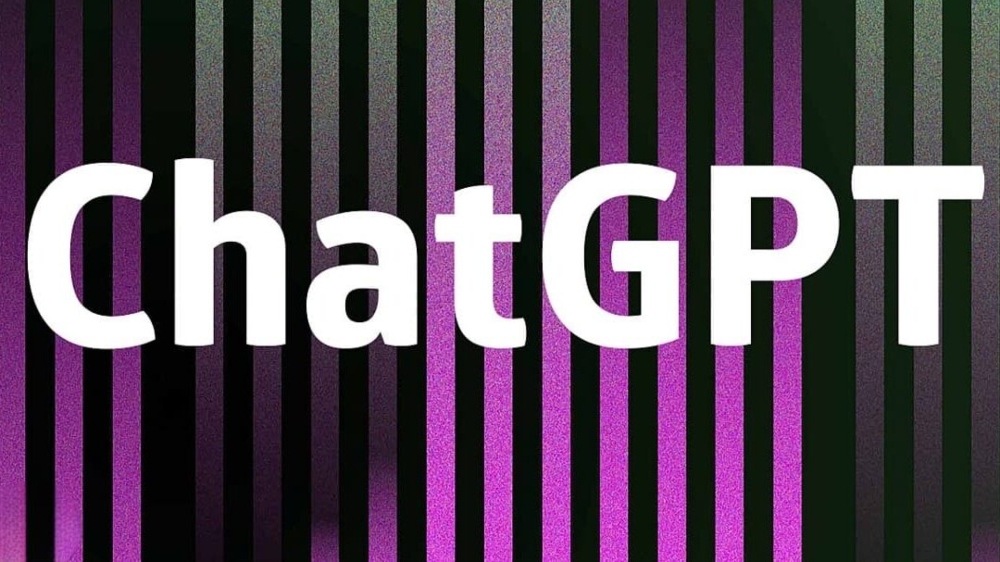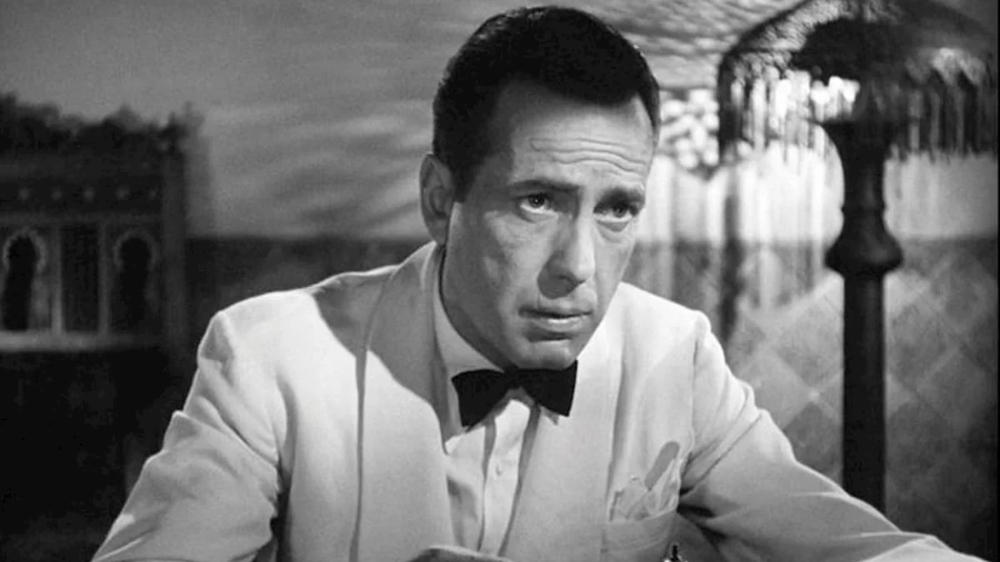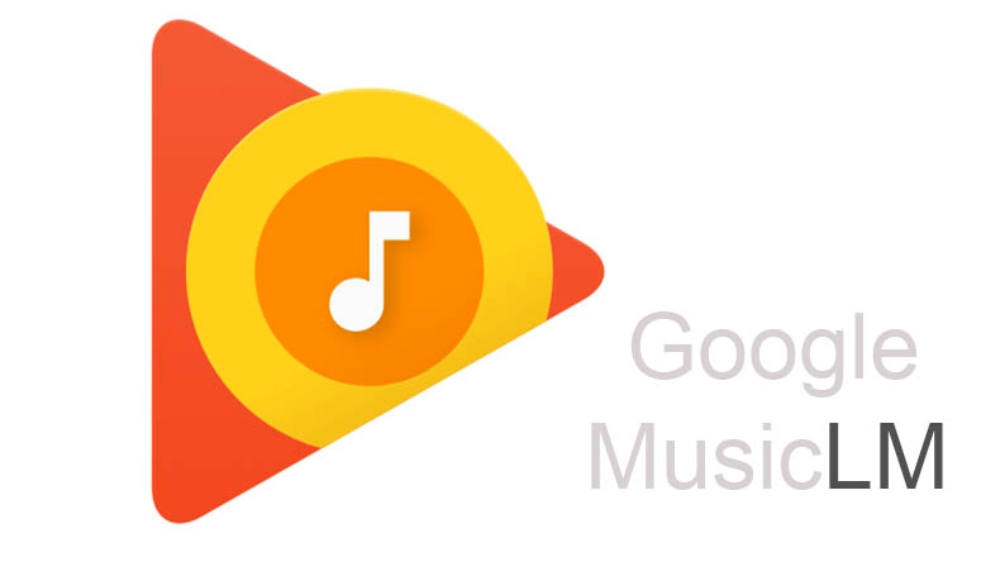Recently, I had the pleasure of chatting with Xavier Grobet, ASC, about his work shooting Season 2 of The White Lotus for Creator Mike White and HBO.
We talked about his previous collaborations with White, what gear and glass he used for Lotus (ALEXA Minis and Panavision Primos, mostly), how professional the Italian crews were, and the layered use of location, including the show’s Godfather references and the way a glowing, glowering Mount Etna increasingly loomed over the proceedings as the characters all headed to their various, seemingly inexorable fates.
We also talked about that now-viral visual quote from Michaelangelo Antonioni‘s L’Avventura, where Aubrey Plaza, as the suspicious and dismissive Harper, steps into Monica Vitti‘s shoes from several decades earlier only to find herself relentlessly leered at by a rapidly metastasizing group of men.
Indeed, Grobert said that when he realized they’d be shooting in Noto, the same “beautiful baroque city” Antonioni had used, he recalled the scene with Vitti, and told White “we need to reproduce it.” White then realized exactly “where it would fit. It felt so beautifully in place.”
“It was one of the finds I was excited about,” said Grobet.
And while we are always excited to write about shows like The White Lotus that boast beautiful below-the-line contributions, this isn’t actually a column about that HBO series — not at this point in the award-season shuffle, anyway. It is a column, however, about artistic quotations, acknowledged or otherwise, and the particular Etna rumbling over all human-made artistic and creative endeavors right now — namely, A.I., or Artificial Intelligence, or sometimes just “AI,” which, without context, may look like the name “Al” on the page, and that rhymes with HAL, and then you’ve got trouble, my friends, right here in River City.
There — I’ve just done the reference/quotation thing, but I will credit Meredith Wilson and The Music Man for the lyric I just riffed off of (and a certain non-human character from 2001: A Space Odyssey, as well).

This doesn’t aim to be a definitive overview of AI’s impacts on showbiz and entertainment, most of which are yet to unfold, and will be touched upon, again and again in the weeks, months, and years ahead, but rather an initial salvo in a long conversation — one that will probably take place for the rest of our lives — pushed along by the exponential growth of A.I. as both an available tool and a topic du jour since the introduction of the prose-spewing ChatGPT last fall, replete with the program’s quickly-obtained ability to pass business and law school exams on its own.
As column fodder, this was further pushed along with the recent Google release of a paper about an AI tool called “MusicLM” that ‘can transform whistled and hummed melodies according to the style described in a text caption.’ It can also generate high-fidelity music from text descriptions such as a ‘calming violin melody backed by a distorted guitar riff.’
According to an article in Fortune, examples show results generated by the tool. In one instance, somebody hums “Bella Ciao,” an Italian folk song from the late 19th century, [and] then, based on that, the tool generates music with various instruments and styles, including guitar solo, string quartet, and jazz with saxophone.
“Whoa, this is bigger than ChatGPT to me. Google almost solved music generation, I’d say,” tweeted Keunwoo Choi, an A.I. scientist at Gaudio Lab, an A.I. audio technology company.
And therein really lies our problem, The idea that “music generation” — or “composition,” as it was known in the soon-to-be-old days — was something that needed to be “solved” in the first place.
So will musical scoring be the first film biz casualty of A.I.? Ahead of, say, the writing of scripts? (Though short, A.I.-written scripts have already been produced, to what we might call “contextual acclaim.”)
Will A.I. be able to edit, render, or color correct on its own? Or rather, given the state of digital workflow tools already deployed, will A.I. be able to do that without the extensive input currently needed from humans?
These will gradually become more profound questions, as these tools get “better” (or more “dangerous,” or “ominous,” or whatever your preferred adjective might be right now).
Acting, presumably, will be the last of the crafts to succumb, since there are still the intangibles of individuals — how they think, talk, look, and move — that conspire together to create what appears to be a successful acting career.

This particular “grail” has been talked about for a long time in terms of the estates of deceased stars being able to make new movies “starring” the likes of Humphrey Bogart, Marilyn Monroe, James Dean, et al.
Of course, the sex industry, which tends to monetize new technologies ahead of everyone else (remember who was first mass-producing VHS tapes, and later DVDs) is already looking at ways to come up with A.I.-generated adult stars. And not just rendered, solo images — the kind of “painting” or “photography” you might find generated by, say, an A.I. art program like MidJourney or DALL-E (which might be coming soon to a book jacket, graphic novel, or one-sheet near you) — but “responsive” “girls” and “guys,” at least, a responsive enough assemblage of code that the A.I. could become a model acting out real-time requests on a site like OnlyFans.
And let us add a mild content and clickbait warning at that last link since the discussion of “A.I. sex workers” hasn’t quite entered the mainstream yet.
So here we are, on the precipice of, well, something profound, for better or worse, with most folks suspecting the latter. The problem isn’t just one of, say, fair compensation for one’s work, but ultimately a question of who gets compensated when the “new” work is based on the old — but without due credit?
If a producer wants a “Nino Rota-like theme” for their own gangster epic and hums something Godfather-esque to MusicLM, and the A.I. comes up with a new, just-distinct-enough waltz or tarantella based on all the sources it has access to, well, who gets the credit?
The issues here are manyfold. This isn’t a question of an homage, or quotation from, or about, the work we learned from (for example, all the columnists I grew up reading, before becoming one myself). But our hypothetical producer is probably not going to be giving interviews referencing the composer in their A.I. score, particularly if they want to avoid any kind of intellectual property entanglements and simply remain content with the money they saved.

Similarly, if one creates a “tough guy” actor “in the style of Humphrey Bogart,” does one owe Bogart’s estate anything for the subsequent A.I.-generated thespian? Or if you create an OnlyFans performer to specifically look like an actress (or actor) who may or may not already have an account of their own, but the A.I. is willing to do things on camera that the human performer wouldn’t, and isn’t quite them anyway, though that’s certainly their whole appear, do you owe the originals any money? Why or why not?
Influences, then, may go from being celebrated to being hushed up or worse — denied altogether.
Most foundational works — The Odyssey, King Lear, Star Wars, most operas, etc. — are not sui generis, but the product of a creator channeling sources, influences, and their own historical moment to make something that is, occasionally, timeless, and which can, in turn, go on to inspire others.
But if someone expressly asks an A.I. for “a pilot script in the style of White Lotus,” what kind of compensation is owed to Mike White? What could the DGA or WGA do, in theoretical litigation against the HAL 9000s of our future?
And at what point might the A.I.s stop learning from all the now-uncompensated work of the humans who preceded it — all those compositions, poems, paintings, novels, films, plays, and more, that “teach” them how to “make” art on their own — and start mimicking that which has been created by earlier A.I.s? (And might that be an aspect of such programs becoming, finally “self-aware?”)
The Etna above us continues to rumble. And while we, too, head toward seemingly inexorable fates, we’re not yet privileged to know exactly what they will be.
Perhaps, if we could form just the right question to ask an A.I.?
 Mark London Williams is a BTL alum who currently covers Hollywood, its contents and discontents, in his recurring “Across the Pond” dispatch for British Cinematographer magazine, contributes to other showbiz and production-minded sites, and musters out the occasional zombie, pandemic-themed, or demon-tinged book and script, causing an increased blurring in terms of what still feels like “fiction.”
Mark London Williams is a BTL alum who currently covers Hollywood, its contents and discontents, in his recurring “Across the Pond” dispatch for British Cinematographer magazine, contributes to other showbiz and production-minded sites, and musters out the occasional zombie, pandemic-themed, or demon-tinged book and script, causing an increased blurring in terms of what still feels like “fiction.”
Mark London Williams’ Union Roundup column will appear every Tuesday. You can reach him to give him tips and feedback at [email protected]. He can also be found on Twitter @TricksterInk.





